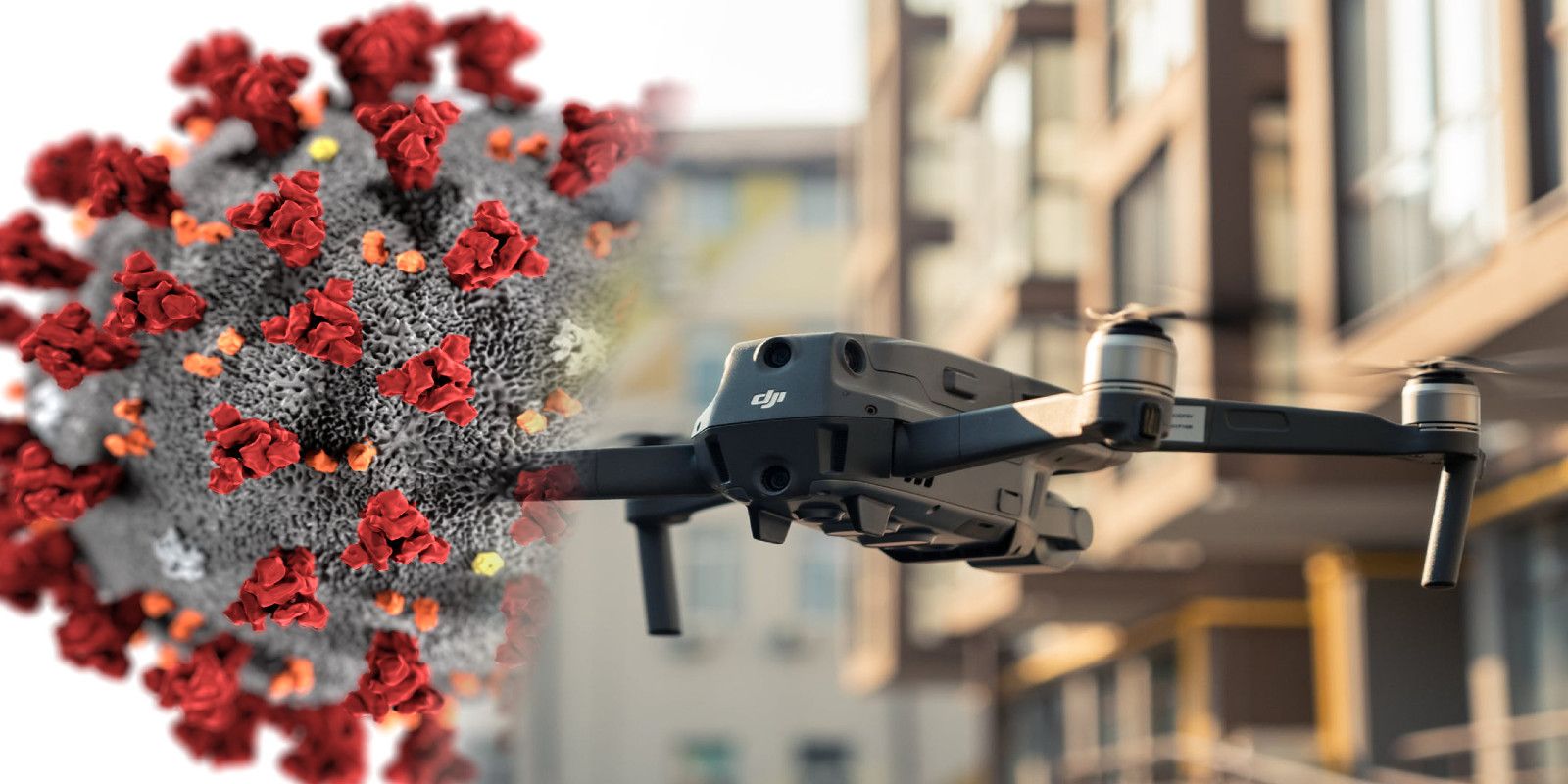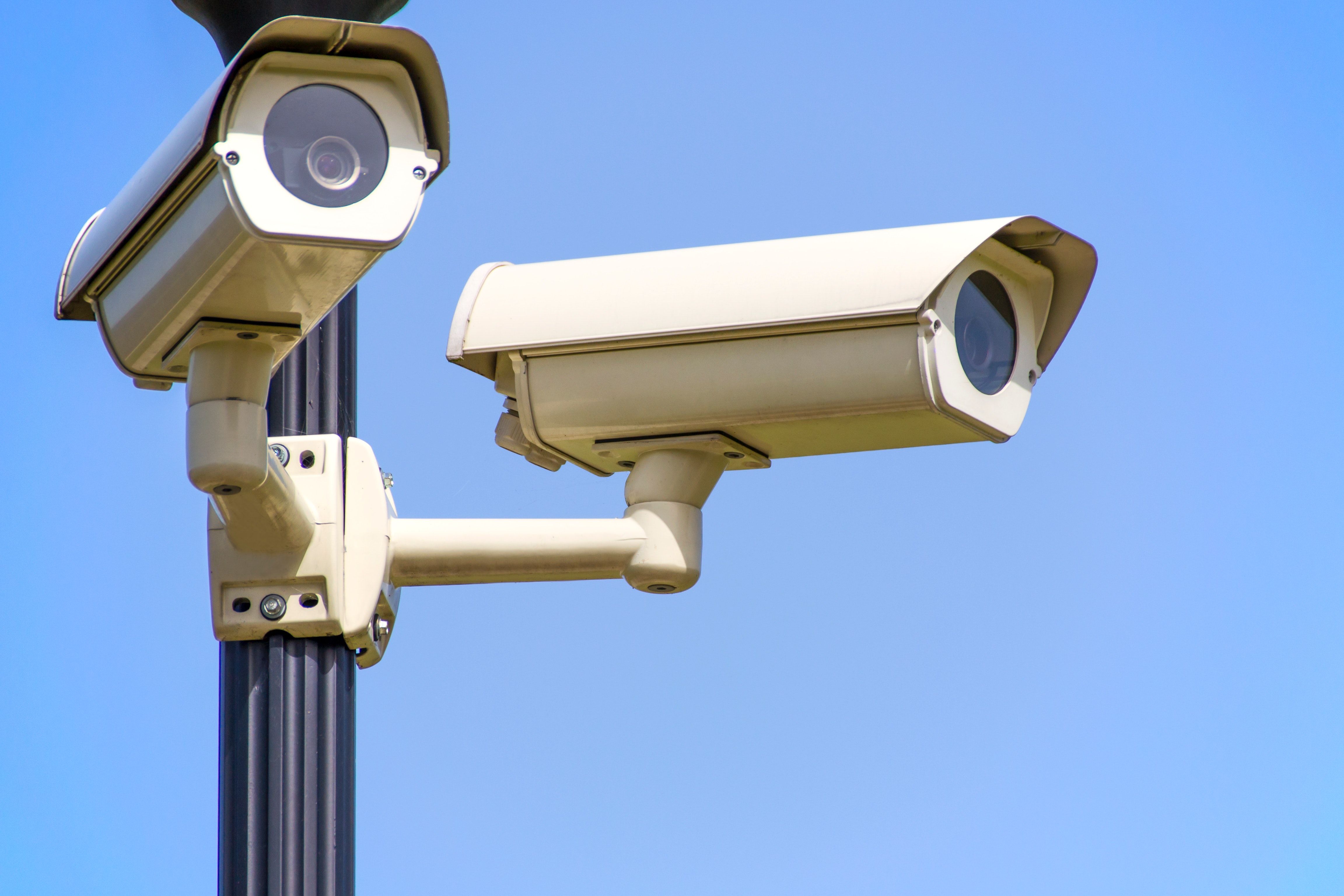Australia has set out to fight the coronavirus with a fleet of unmanned drones designed to detect potential infections. The country’s defense department is developing the drones in collaboration with the University of South Australia, aircraft manufacturer, Draganfly, and healthcare data services and deep learning company, Vital Intelligence Inc.
Draganfly has manufactured remote-controlled drones for usage in agriculture, public safety, military, and energy over the past 20 years. In 1999, they released the first quadrotor UAV available for public markets. Since then, Draganfly has received awards and commendations from various bodies, including the International Academy of Science.
Draganfly has joined the University of South Australia, the Australian Department of Defense Science and Technology, and Vital Intelligence, to form the Vital Intelligence Project, which is described by Draganfly in a press release as “a health and respiratory monitoring platform involving utilizing new and existing camera networks as well as UAVs and RPAS being immediately commercialized for health monitoring and detection of infectious and respiratory conditions.” The network will monitor the temperatures and heart-rates of individuals in crowded spaces. The University of South Australia’s Defense Science and Technology Chair, Dr. Javaan Chahl, said, “The University and Defense Supported my team’s efforts to develop automation for use in epidemics and disasters.” The drones will be commercially available for purchase.
Automated Drones Fight Coronavirus At The Cost Of Privacy
Technology has already been used to curb COVID-19’s spread to significant effect in places like South Korea. There, the government utilized its customs and healthcare databases to monitor the virus spread and pinpoint potential carriers. Draganfly’s drones feel like a more intrusive version of the techniques employed in other territories. A Texas-based company is developing fever-sensing cameras to fight COVID-19, and the privacy issues attached to them seem very similar to that now raised by the Vital Intelligence Project's drones.
It seems like security manufacturers are taking advantage of the success other nations have had with their technology-integrated approach to fighting the pandemic to push their businesses. While the cameras may be able to find cases, it does little to get those people treated. Quarantines and social distancing protocols fight the spread of COVID-19 better than a camera detecting one fever in a crowd of people could. While the information these drones gather could be used to close off locations and notify the public, aat this point in the pandemic, it’s not as useful as providing social services to a quarantined population. Maintaining distance from others is cheaper and more efficient than allowing people to gather in places while being monitored by a smart-camera. Social distancing and isolation accomplishes the same coronavirus-fighting goal without compromising people’s privacy.
Source: GlobeNewswire


